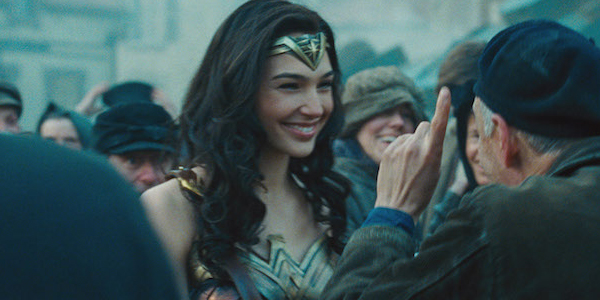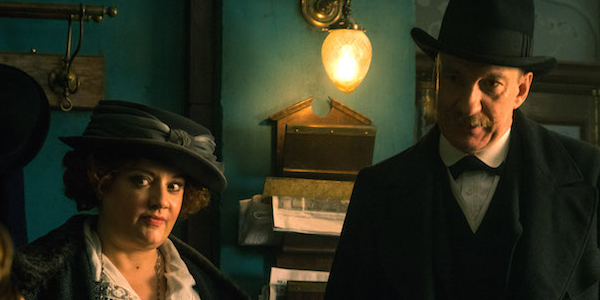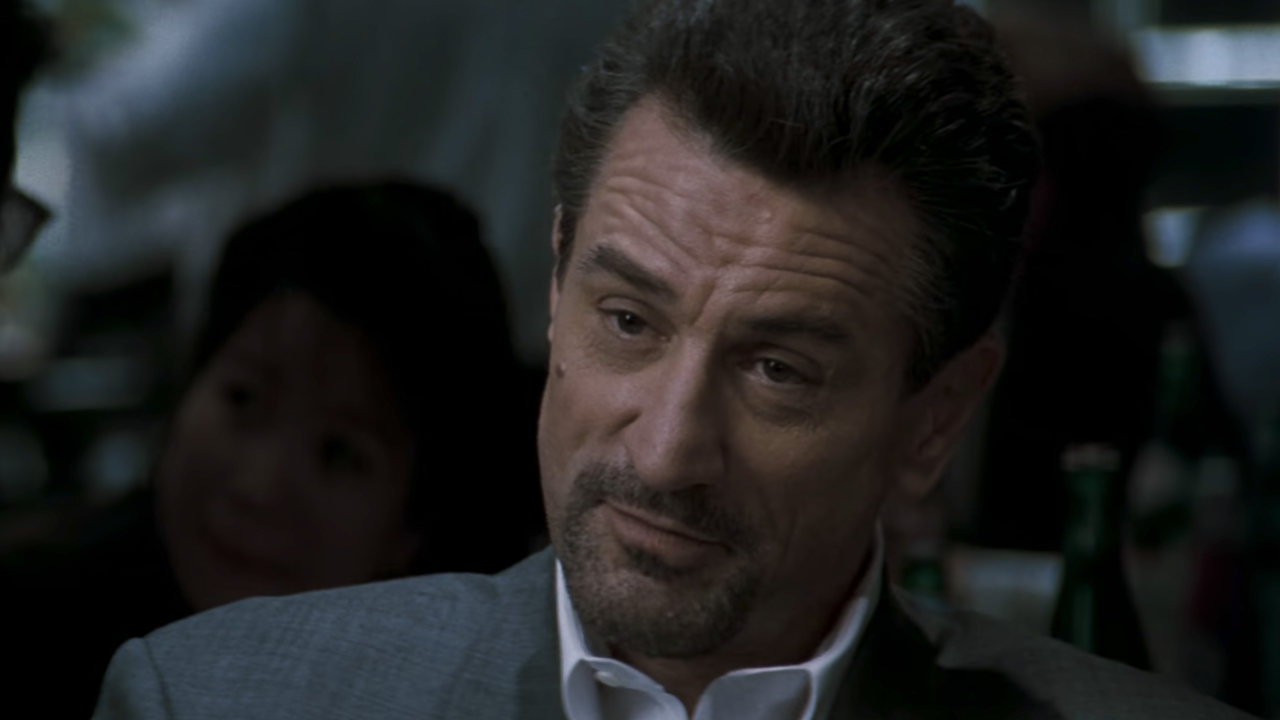The Biggest Problem With Wonder Woman's Ending

Your Daily Blend of Entertainment News
You are now subscribed
Your newsletter sign-up was successful
SPOILER WARNING: The following article contains major spoilers for Wonder Woman. If you have not yet seen the film, and don't wish to have any specific details about it ruined in advance, please bookmark this page and return after your screening!
The third act of superhero blockbusters has become a quandary for filmmakers tackling the genre. There is a certain level of spectacle that is not only expected but also often demanded by studios -- and it creates a number of pitfalls into which storytellers can easily fall (with the common result being an un-trackable CGI-fest). The latest example of this is Patty Jenkins' Wonder Woman, which ends with the titular heroine in an explosive face-off with Ares, but the film actually presents a special case. This is because the movie finds itself giving audiences a taste of a much, much better ending that is then scrapped in favor of a more generic route.
The lynchpin scene is the fallout from the death of General Erich Ludendorff (played by Danny Huston). For a good percentage of the film, Gal Gadot's Diana is under the impression that Ludendorff is Ares in disguise, and believes his death would end World War I, but she's devastated to discover that she's wrong. It's an emotional moment, but it's cut short by the arrival of David Thewlis' Sir Patrick, revealed to be the real God of War. Unfortunately, it's this twist that proves to be the biggest mistake in the movie. Rather than paving a road towards a big final action scene, Wonder Woman misses a huge opportunity to have it be that Ares hasn't actually been pulling the strings all along, and reveal it's just the inherent violent nature of man that has led to worldwide war.
Part of the problem is simply in the way in which Wonder Woman teases the presence of Ares throughout the film, and the way in which it tries to manipulate expectations. As the narrative progresses, there is never a moment where Diana questions a godly influence on World War I, and instead the movie leaves that up to her cohorts, Steve Trevor (Chris Pine), Sameer (Said Taghmaoui), Charlie (Ewan Bremner) and Chief (Eugene Brave Rock), who banter about the legitimacy of the idea as they travel to the front lines. The problem? At no point does the audience have the same kind of skepticism, just because of both the entire Themyscira set-up and the larger nature of the fantasy blockbuster. The featured "twist" is never going to carry real weight because the movie-goer just assumes that somebody in the cast is Ares incognito, and it's not really any more significant narratively that it's Sir Patrick instead of Ludendorff. What would be a legitimate surprise would be to learn that every preconceived notion both Diana and the audience has is incorrect.

Making this only more frustrating is that the path not traveled would have done a surprisingly good job strengthening the continuity of the larger DC Extended Universe. In the run up to Wonder Woman, it was heavily expected that the film would address a key line of dialogue from the end of Batman v Superman: Dawn of Justice. Talking with Bruce Wayne, Diana says,
A hundred years ago I walked away from mankind; from a century of horrors... Men made a world where standing together is impossible.
This line suggests that the events that occurred at the end of World War I drove Diana away from her role as a guardian of humanity, and an Ares-less conclusion to her solo story would do that brilliantly. Wonder Woman excuses the actions of man during wartime because she believes that they are under magical influence -- but understanding that's not the case would make her abandonment of her assumed position completely justifiable.
On the flip side of that, it's worth noting that the way Wonder Woman does end not only fails to sync with the end of Batman v Superman: Dawn of Justice (does she walk away because Steve Trevor died?), but also opens up a lot of unfortunate questions about the larger DC Extended Universe continuity. For example: If Ares was responsible for World War I, and Wonder Woman successfully killed him, does that mean that World War II never happened in this universe? If not, why? (I asked producer Charles Roven this question, and he had no idea.) If Wonder Woman doesn't go for the generic spectacle-driven third act, the filmmakers don't have this corner that they need to write themselves out of.
Your Daily Blend of Entertainment News
Looking at this all from the counter-perspective, there is an argument to be made that it wouldn't be the greatest thing for the end of this important female-driven blockbuster to reveal that the titular heroine has been completely misguided for her entire life. But what that presents is a conflict of doing what's best for the story versus what's best for perception of the story. Given the significant weaknesses that exist in the end of Wonder Woman, there is a serious argument to be made that the chosen direction is more detrimental than its worth, as it ultimately holds the feature back as a great film instead of being one of the greatest comic book movies ever made.
This poll is no longer available.

Eric Eisenberg is the Assistant Managing Editor at CinemaBlend. After graduating Boston University and earning a bachelor’s degree in journalism, he took a part-time job as a staff writer for CinemaBlend, and after six months was offered the opportunity to move to Los Angeles and take on a newly created West Coast Editor position. Over a decade later, he's continuing to advance his interests and expertise. In addition to conducting filmmaker interviews and contributing to the news and feature content of the site, Eric also oversees the Movie Reviews section, writes the the weekend box office report (published Sundays), and is the site's resident Stephen King expert. He has two King-related columns.
